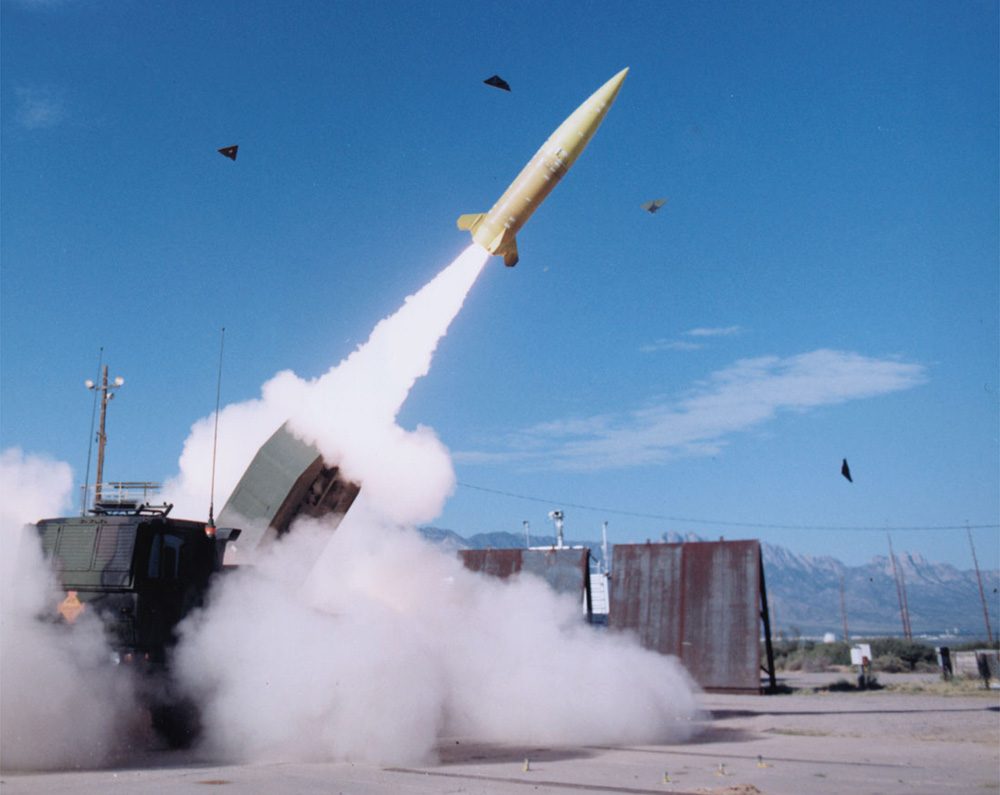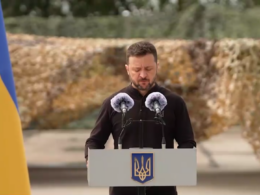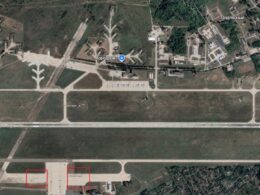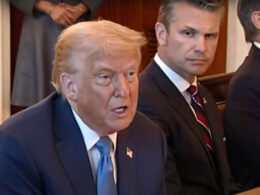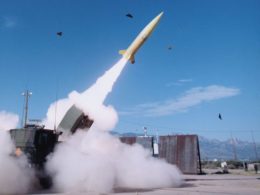The Institute for the Study of War (ISW) reported on 18 November that Russian officials are employing threatening rhetoric to deter the United States from officially approving Ukrainian use of US-provided ATACMS missiles for strikes on military targets within Russian territory. These potential strikes would target Russian and North Korean military forces, specifically in Kursk Oblast.
Kremlin Spokesperson Dmitry Peskov accused the United States of “adding fuel to the fire”
and warned that such an authorization would represent a “qualitative" change in US participation in the war. The Russian Ministry of Foreign Affairs issued threats in response, describing Ukrainian long-range strikes on Russian territory as a “radical change” in the war’s nature and promising an “adequate and tangible” retaliation.
Russian propagandists and some officials have emphasized that US officials have not yet formally confirmed the ATACMS authorization. Maria Zakharova, Russia’s Foreign Affairs Ministry spokesperson, questioned the credibility of Western media reports on the matter, as did propagandist Vladimir Solovyov.
ISW noted that neither Ukrainian nor US officials have confirmed reports of such authorization. Ukrainian President Volodymyr Zelenskyy avoided confirming
the reports but remarked on 17 November that “strikes are not carried out with words,” adding, “the missiles will speak for themselves.” US Deputy National Security Advisor Jonathan Finer also refrained from confirming the authorization but attributed the conflict’s escalation to Russia’s deployment of North Korean troops and recent attacks on Ukrainian infrastructure.
The US outlet Axios reported on 17 November that a source familiar with the matter claimed the Biden administration granted Ukraine permission to use ATACMS to deter North Korea from deploying additional troops to Russia.
"Putin's introduction of North Korea as a new belligerent in his invasion of Ukraine was a major escalation. Allowing Ukraine to use US missiles against legitimate military targets in Russian territory in accord with all international laws and laws of armed conflict is a very limited response and cannot reasonably be characterized as an escalation in itself." ISW says.
Meanwhile, French and British sources clarified that any reported US permissions for ATACMS strikes do not currently extend to SCALP/Storm Shadow missiles. French Foreign Minister Jean-Noël Barrot stated
on 18 November that France has not granted Ukraine permission to use French-provided long-range missiles within Russian territory but remains open to the possibility. British sources similarly stated that existing restrictions continue on SCALP and Storm Shadow use against Russian targets.
"Persistent restrictions on Ukraine's ability to use SCALP and Storm Shadow missiles will continue to limit Ukraine's ability to fully target the Russian rear with a broad arsenal of suitable systems, thus allowing Russia to maintain sanctuary space within its near and far-rear to which it is not entitled by any principle of international law or norms." ISW concludes.
Related:
- Sky News: London refuses to reveal if it follows US missile ban lift
- Ukraine can hit 250 key Russian targets with ATACMS missiles, analyst reveals
- North Korea may hesitate to deploy more troops to Russia due to ATACMS strikes, says Defense Express expert
- AFP: China calls for ceasefire after Biden lifts ban on using long range missiles to strike targets in Russia
- Sky News: Ex-NATO official says Biden’s decision to allow strikes deeper in Russia “significant for end game”
- Zelenskyy neither confirms nor denies approval for strikes inside Russia with ATACMS, Storm Shadow
- UK, France permits Ukraine to use long-range missiles for strikes inside Russia, Le Figaro reports
- NYT: Biden allows Ukraine to use US weapons for deep strikes in Russia

